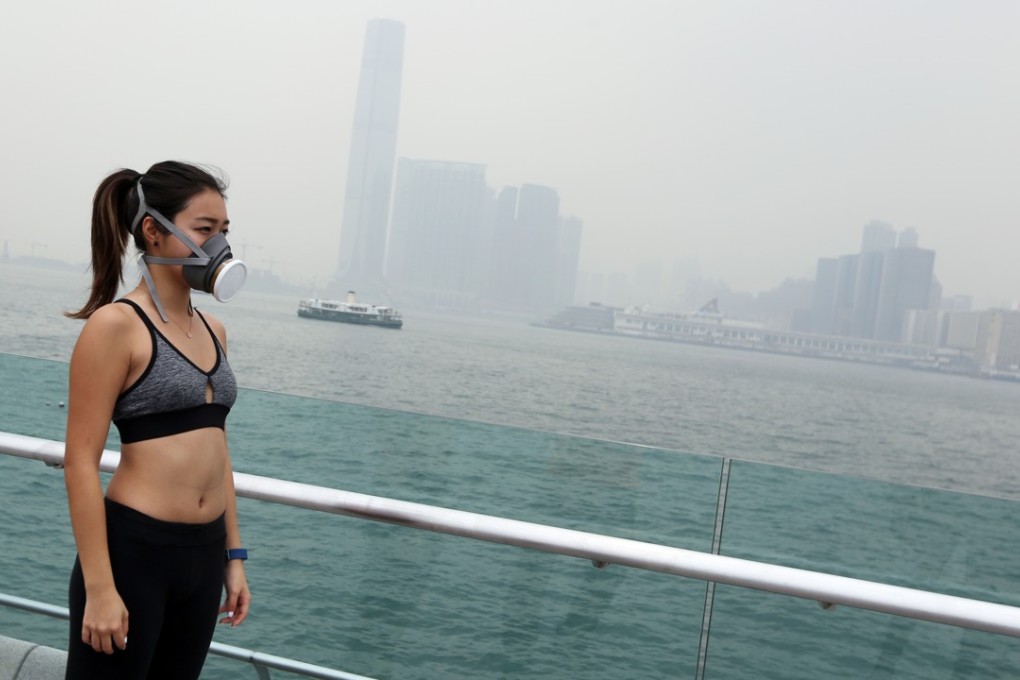Climate change leading to spike in allergies among city dwellers – and Hongkongers won’t be spared
A team of six doctors from the city says leading a low-carbon life can lessen environmental damage and slow the spread of allergic diseases

Writing in the June issue of the Hong Kong Medical Journal, the doctors said the rapid increase could not be explained by genetics alone and highlighted “the important role of environmental changes”.
In their paper, the team of six doctors noted the World Health Organisation’s estimate that climate change would lead to 250,000 additional deaths per year by 2030 to 2050.
For Hong Kong, they added, it was estimated that “an increase by 1 degree Celsius in the mean daily temperature above 28.2 degrees Celsius” was associated with an increase in mortality by 1.8 per cent. The city’s average temperature has risen by 0.8 degree Celsius per decade since the 1980s.
The team of doctors from the Hong Kong Sanatorium and Hospital, Chinese University and University of Hong Kong gave several examples of the knock-on effects from rising temperatures.
For example, this had led to heavier rainfall and rising sea levels, giving rise to floods and exacerbating surface wear and tear of buildings. This possibly induced more rapid growth of moulds in the indoor environment.